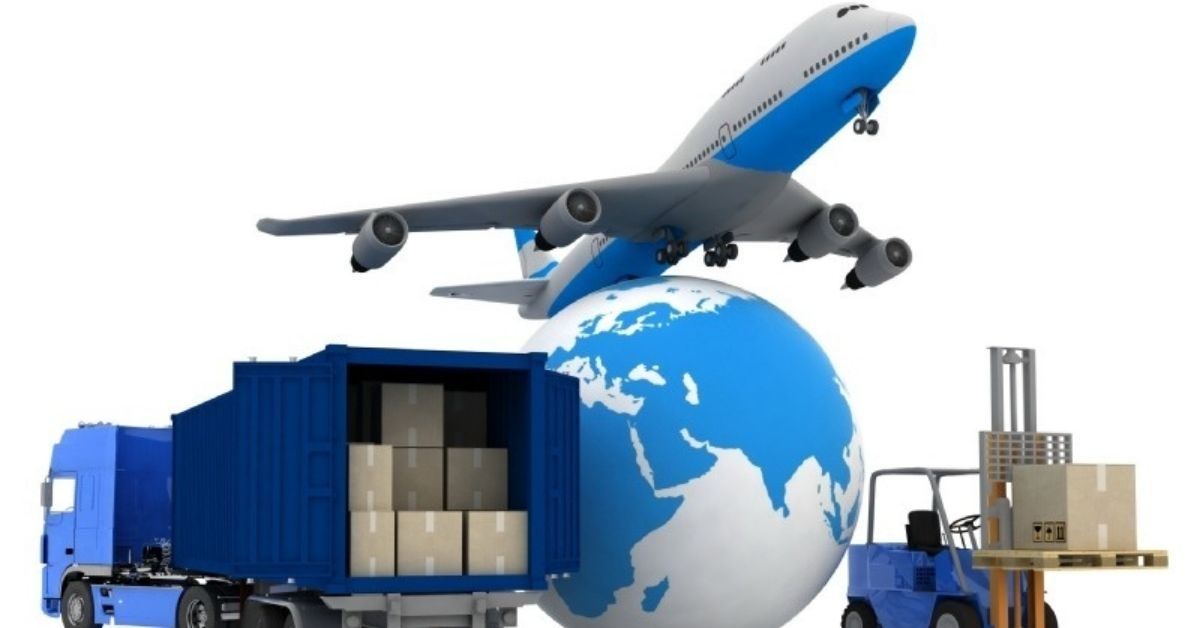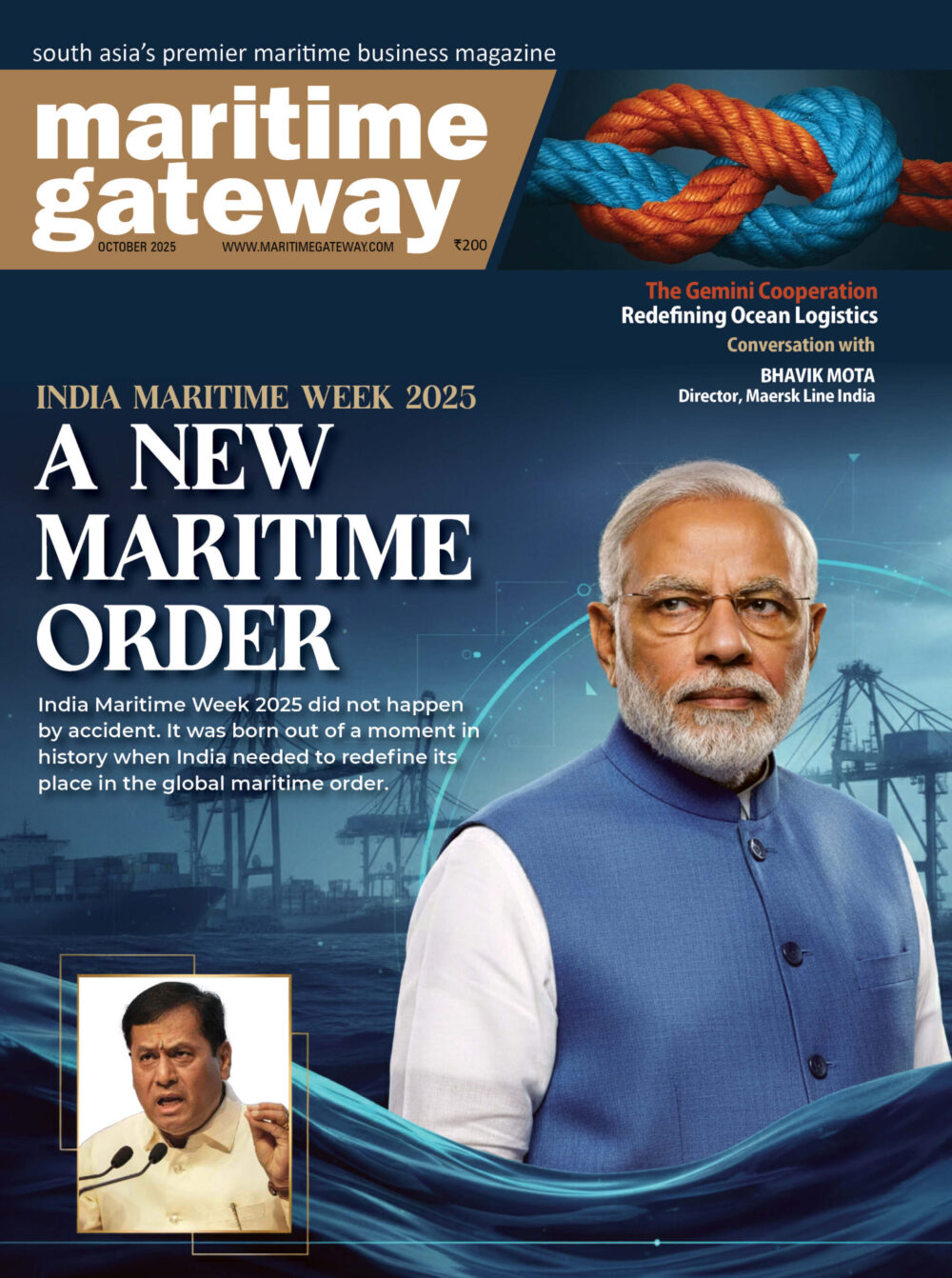The CEPA agreement is being reviewed for the first time after it was inked in Seoul in 2009, with a view to improve bilateral trade. India is pushing for significant duty cuts across product categories in agricultural products, textile & apparel, pharmaceuticals, electronics and petrochemicals goods. South Korea has requested for better mobility access for its professionals. Indian exports face non-tariff barriers in South Korea including high quality standards, certification requirements and regulations. Indian exports including rice, shrimp, steel and pharmaceuticals find it difficult to penetrate into the South Korean market. Indian exporters are looking for more favourable terms to better explore the Korean market.
Indian agricultural produce, vegetables, and spices face higher tariffs and strict sanitary and phytosanitary standards, impacting market penetration. Meanwhile, Indian exports to South Korea, like automobiles, auto components, pharmaceuticals, textiles & apparel, are affected by higher tariffs compared to tariffs imposed on South Korean textiles entering India.









